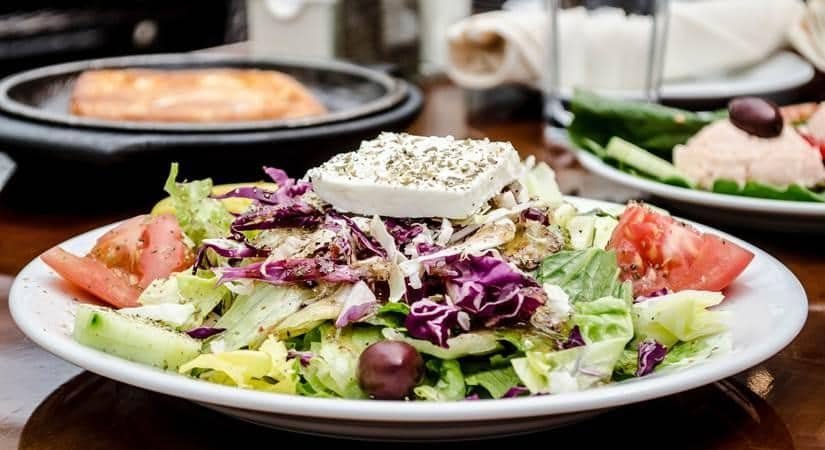Can vegetarian food raise hip fracture risk in women?

London, Aug 12
Women who ate a vegetarian diet had a 33 per cent higher risk of hip fracture compared to regular meat-eaters, claimed a study over 26,000 middle-aged women in the UK. Vegetarian diets have gained popularity in recent years. These is often perceived as a healthier dietary option, with previous evidence that shows a vegetarian diet can reduce the risks of several chronic diseases, including diabetes, heart disease, and cancer compared to omnivorous diets.
There is also a worldwide call for reducing the consumption of animal products in an effort to tackle climate change.
Understanding hip fracture risk in vegetarians is therefore becoming increasingly important to public health, said researchers from the University of Leeds.
In the study, published in the journal BMC Medicine, the team investigated the risk of hip fracture in occasional meat-eaters, pescatarians (people who eat fish but not meat), and vegetarians compared to regular meat-eaters.
Among 26,318 women, 822 hip fracture cases were observed over roughly 20 years. After adjustment for factors such as smoking and age, vegetarians were the only diet group with an elevated risk of hip fracture.
"Our study highlights potential concerns regarding risk of hip fracture in women who have a vegetarian diet. However, it is not warning people to abandon vegetarian diets. As with any diet, it is important to understand personal circumstances and what nutrients are needed for a balanced healthy lifestyle," said lead author James Webster, a doctoral researcher from the School of Food Science and Nutrition at Leeds.
Vegetarian diets can vary widely from person to person and can be healthy or unhealthy, just like diets that include animal products. However, it is concerning that vegetarian diets often have lower intakes of nutrients that are linked with bone and muscle health. These types of nutrients generally are more abundant in meat and other animal products than in plants, such as protein, calcium, and other micronutrients.
"Low intake of these nutrients can lead to lower bone mineral density and muscle mass, which can make you more susceptible to hip fracture risk. This makes it especially important for further research to better understand factors driving the increased risk in vegetarians, whether it be particular nutrient deficiencies or weight management, so that we can help people to make healthy choices," Webster said.
The research team also found that the average Body Mass Index among vegetarians was slightly lower than the average among the regular meat eaters. Previous research has shown a link between low BMI and a high risk of hip fracture.
Lower BMI can indicate people are underweight, which can mean poorer bone and muscle health, and higher risk of hip fracture. Further investigation is needed to determine if low BMI is the reason for the observed higher risk in vegetarians, the team said.
--IANS







